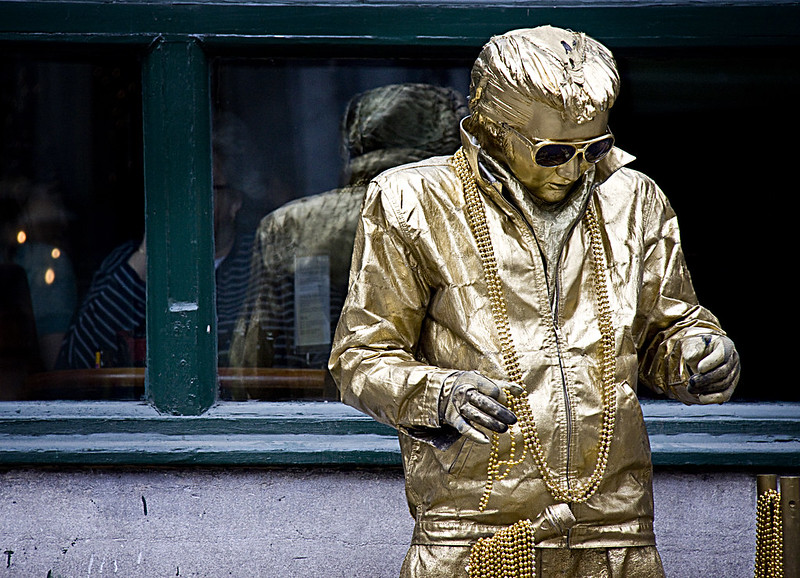In a recent analysis, Nordea has looked at three possible outcomes of the war in Ukraine and what consequences it could have for oil prices and the European economy. And a scenario with a further escalation and restrictions on energy supplies would be dramatic.
Nordea writes that significant damage to the Russian economy is inevitable. This is due both to the fact that Russia is directly affected by the sanctions against the banks and the high and persistent uncertainty surrounding the war.
Both domestic and foreign investment are hit hard, and this applies even in an optimistic scenario where Russia and Ukraine reach an agreement.
For Europe as a whole, the harmful effects will be moderate as long as the region can import gas and oil from Russia.
Also read: Russia’s largest bank completely collapses on the stock exchange
Scenario 1: Collapse in Russian economy
Nordea can not rule out the possibility of an even worse outcome and a collapse of the Russian economy. In such a scenario, more civilians will lose their lives, and both the US and the EU will respond with even more sanctions. It includes strict import restrictions on oil and gas from Russia.
In the short term, this will lead to a collapse in the global energy market, where oil prices could rise to as much as 150 dollars a barrel. In that case, there are record levels, the previous record for one barrel of North Sea oil is from 2008 and at 138 dollars for one barrel of oil, ie 159 liters.
40 percent of Europe’s gas needs are covered by Russia. For Europe it takes time to find alternative energy sources and for Russia it takes time to find alternative buyers.
Energy prices will remain at record high levels throughout the spring. Although oil and gas prices are falling towards the summer, they remain at a high level.
The Russian economy is thus suffering severely, and for the financial sector it looks even worse. The export companies will have a solid downturn. Some of the decline can be offset by selling to countries such as India and China.
Also read: – I have been shot at by the Red Army
But according to Nordea, this is by no means enough to compensate for a sharp fall in sales to the western markets.
Europe is primarily affected by the horror scenario through higher energy prices. However, in a crisis scenario, it also affects the expectations and confidence of companies and households. This affects both consumption and investments.
Our region may therefore end up in decline – recession – even if the public sector steps in with rescue packages.
And then we must expect that an already high European price rise will shoot further into the air. Inflationary pressures will ease in the slightly longer term. The positive thing is that the high energy prices do not translate into higher unemployment.
Also read: He was painfully wrong about the war. But that is not what he should be criticized for
Scenario 2: The acts of war subside
In an interim scenario, Russia will continue to attack Ukraine, but hostilities will subside. The losses will be more limited, and it will lead to a freezing of the conflict.
The adopted sanctions remain, but have no decisive effect on the energy situation in Europe.
However, prices may remain at current levels throughout the spring and summer, before falling gradually. There will still be uncertainty surrounding the financial sector and international payments. Inflationary pressures will significantly affect the purchasing power of Russian consumers, and investment in Russia will fall sharply.
The euro countries are suffering from a dramatic decline in exports to Russia. But like Norway, exports to Russia make up a small part of the euro countries’ economies.
Rising prices in Europe will rise rapidly as a result of higher energy prices, but total inflation will only be slightly higher. This is due to a weaker labor market.
Also read: Russia’s ex-president with indirect war threats against France: – Many say he has an alcohol problem
Scenario 3: Quick solution
Should it move towards a speedy solution to the war, the most optimistic outcome, the toughest sanctions will stop. Russia is once again becoming part of the global economy. Energy prices will fall, and perhaps faster than what the market is now expecting.
But the Russian economy will also suffer with this outcome. This is due to the great uncertainty and still limited investment in Russia.
The ruble will recover from today’s bottom levels, but inflation will remain high. The Russian central bank can still lower interest rates current sky-high level of 20 percent.
In this best case scenario, the impact on the European economy will be very limited. Nordea predicts that with such an outcome, energy prices will return to normal after a few months.
–


